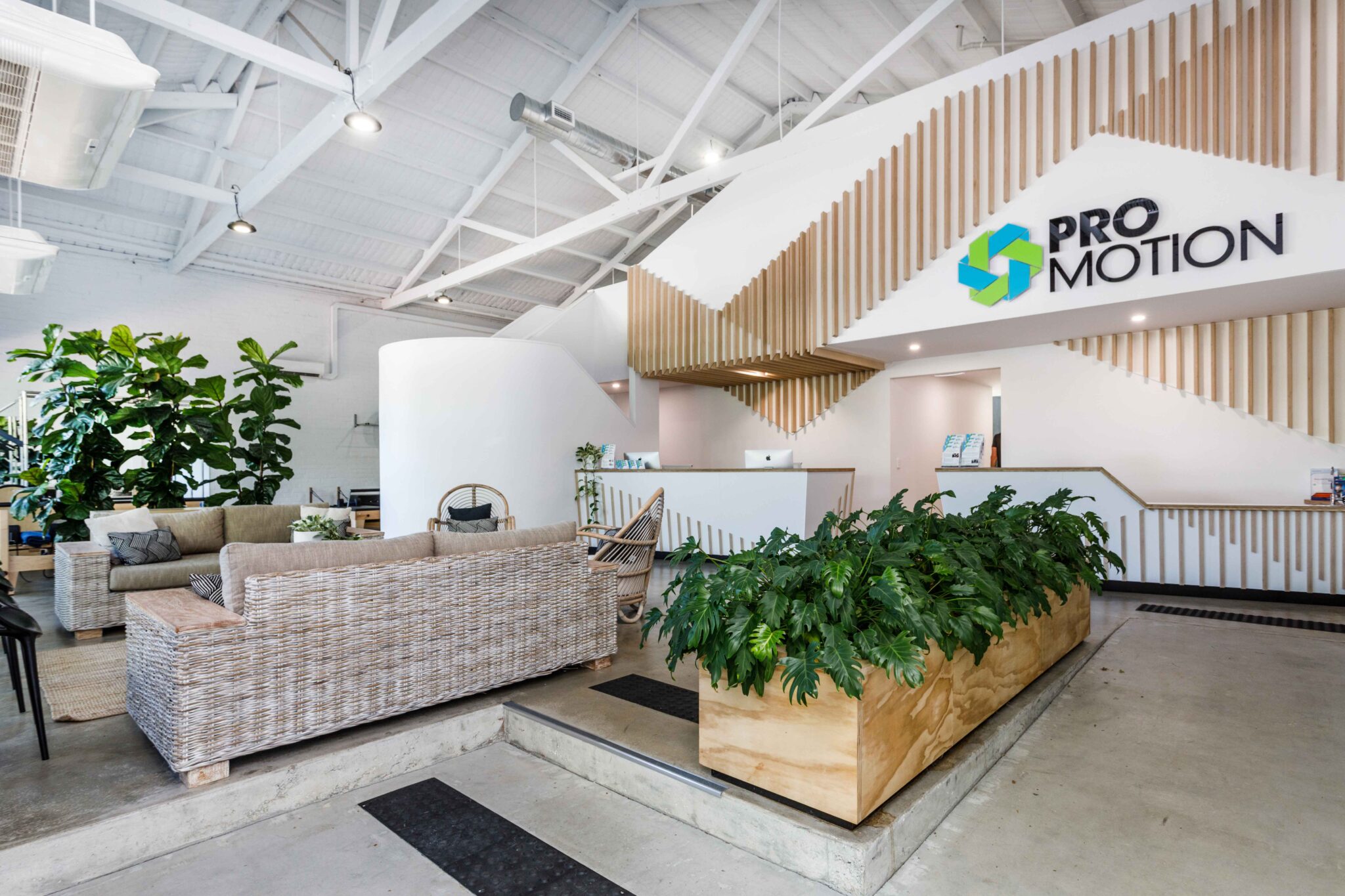
May 20-26 is Exercise Right Week which is an initiative designed to educate Australians on how to lead more active lifestyles and exercise right for their bodies. This year the theme for Exercise Right Week is “Just Move” with the aim to get Australians moving their bodies for 30 minutes a day!
We know that physical activity and exercise is beneficial for our health but how can just 30 minutes a day really impact your health and wellbeing?
Improved cardiovascular health: Aerobic exercise such as walking, jogging, dancing, cycling or swimming can help to reduce the risk of heart disease and stroke. Regular aerobic exercise has been shown to improve blood circulation, lower blood pressure, helps to manage cholesterol as well as assisting in maintaining a healthy body weight.
Improved mental well-being: Exercise triggers the release of our “feel good hormones,” also known as endorphins. Regular exercise can help to improve mood and decrease symptoms of depression and anxiety while enhancing the body’s ability to manage stress. Exercising with a friend or in a group can also help to increase social connection and create a feeling of belonging.
Increase muscle mass and strength: 30 minutes of strength or resistance training helps to promote muscle growth, this includes machine weights, free weights, resistance bands or bodyweight exercises. Strong muscles and ligaments help to reduce the risk of joint pain or injury as well as keeping us strong and moving in day to day life.
Maintain Bone health: As we age our bone density decreases and the risk of fractures increases. Resistance training and impact exercises stimulate bone growth which helps to maintain and improve bone mass and strength which may decrease your risk of osteoporosis and fractures. Exercise can also help to improve balance and co-ordination which reduces the likelihood of falls and fractures.
Maintain or improve cognitive function: Exercise can have a positive impact on cognitive function helping to maintain or improve memory, attention and problem solving skills. There is also research to suggest exercise may help to slow the cognitive decline associated with Alzheimer’s disease and dementia.
Improve metabolic health: Regular exercise can help to improve blood sugar control and weight management which can help to manage diabetes and other metabolic conditions. Regular exercise can also decrease the risk of developing common secondary conditions such as heart disease and kidney disease.
Improve cancer and treatment symptoms: Exercise has been shown to help decrease symptoms associated with cancer and cancer treatment as well as increasing cancer treatments completion rates. Frequent aerobic and resistance exercise helps to increase immune function, maintain lean muscle bone mass, decrease fatigue, manage stress, and decrease treatment symptoms.
Improved quality of life: An improvement in physical health, mental health and social connection helps to contribute to an overall higher quality of life. Moving and feeling better means you can keep up with your children or grandchildren, continue to travel, maintain relationships, maintain hobbies and stay independent for longer.
Consistency is important, but so is setting realistic and appropriate goals, for some people 30 minutes may be very achievable while it may not be for others. Start small, you can start by breaking the 30 minutes up into “exercise snacks” This means completing 3×10 minutes or 2×15 minutes of exercise throughout the day and over time building up to one 30 minute block.
Exercise should be tailored to your individual goals, interests and health conditions. Our EP team is here to help you incorporate more movement into your week to reach your goals while also navigating different health concerns, injuries or conditions.
For now here are some simple ideas on how you can “Just Move” your body for 30 minutes today:
As you can see above, it doesn’t take much to move your body for 30 minutes and can have great benefits!
PROmotion Health © All Rights Reserved 2024
Website by Studio22